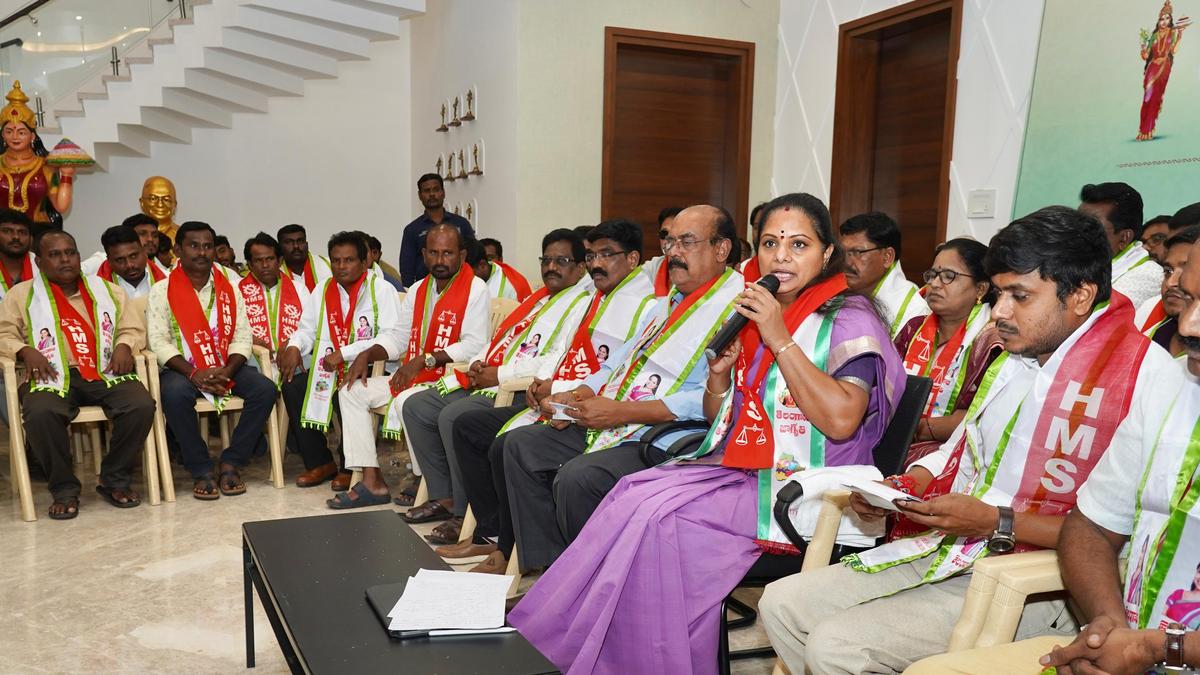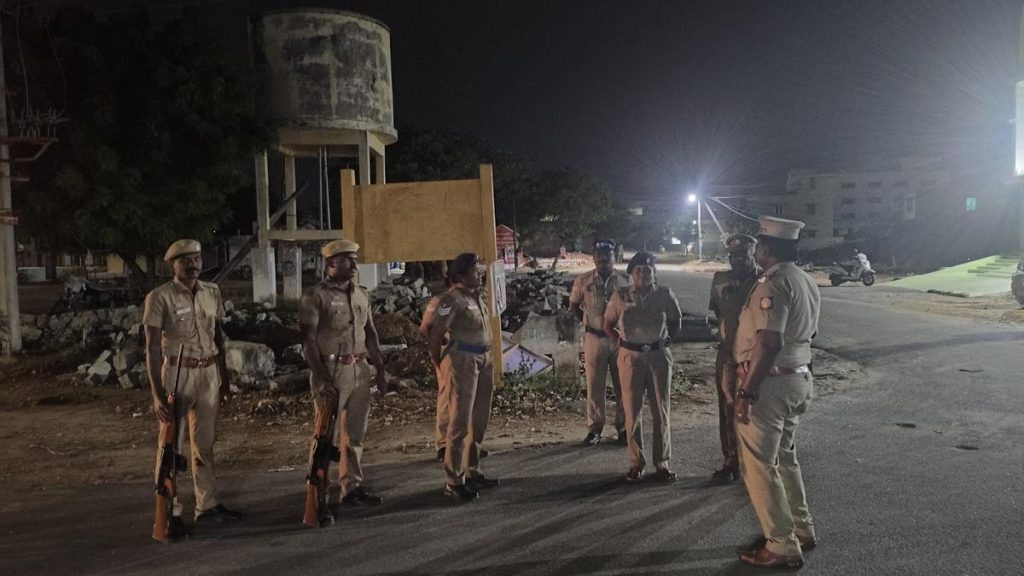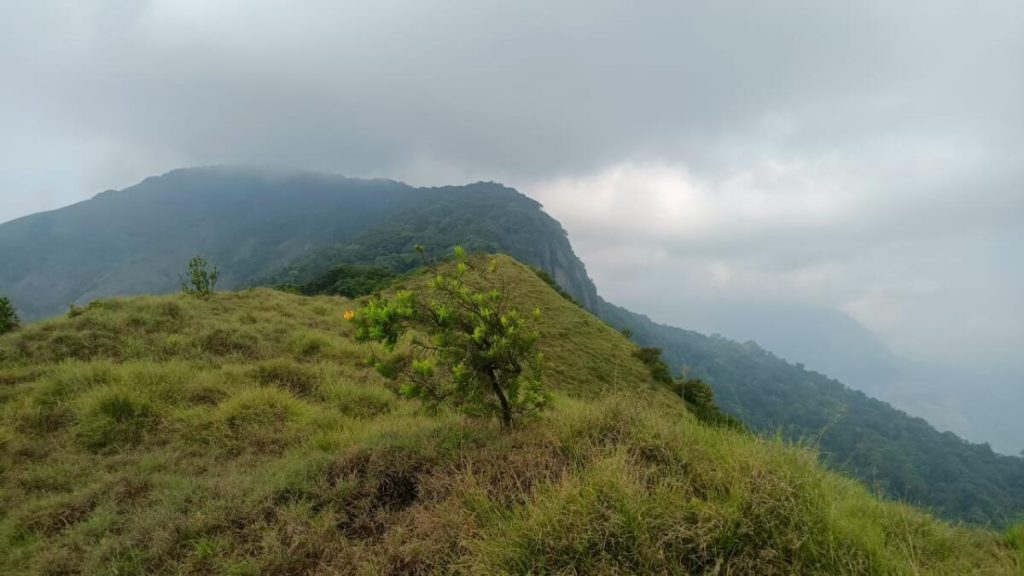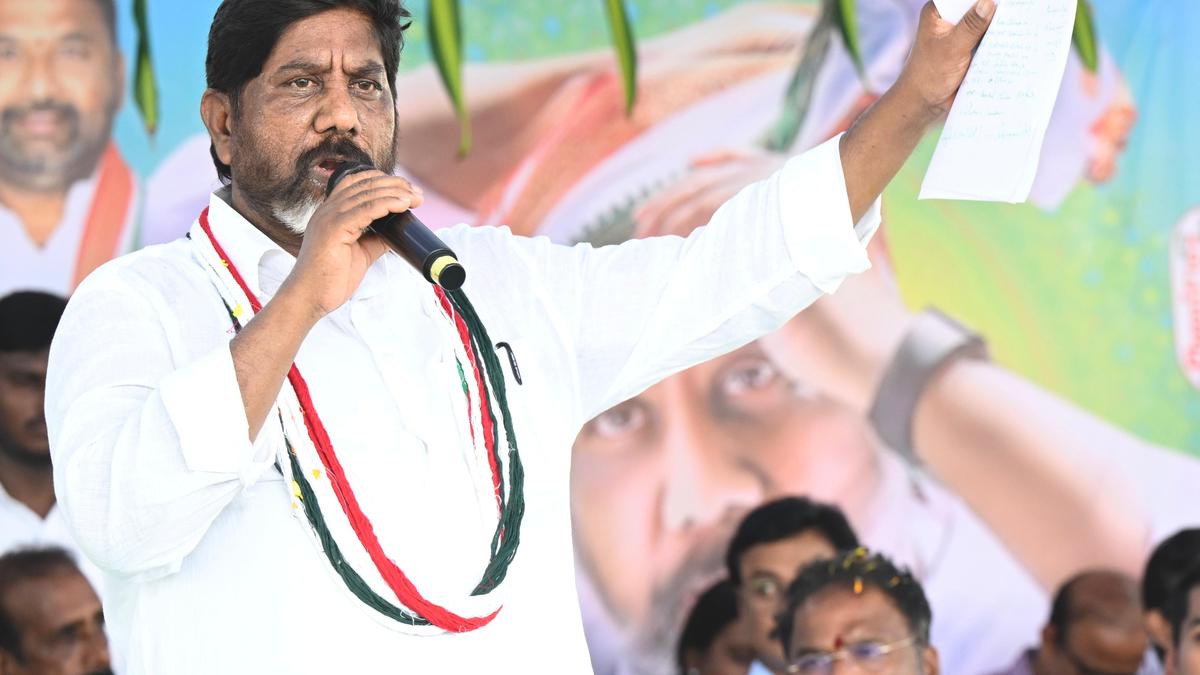Now Reading: Singareni Pressed to Shift Focus to Underground Mining Over Opencast Concerns
-
01
Singareni Pressed to Shift Focus to Underground Mining Over Opencast Concerns
Singareni Pressed to Shift Focus to Underground Mining Over Opencast Concerns

Swift Summary
- Telangana Jagruthi president and Bharat Rashtra samithi (BRS) MLC K. Kavitha criticized Singareni Collieries Company Ltd.’s (SCCL) focus on opencast mines, alleging it benefits large coal-related businesses under State government pressure.
- She demanded the SCCL prioritize underground mines, claiming they produce higher-quality coal and reduce environmental degradation compared to opencast mining.
- Ms. Kavitha emphasized the ecological costs of opencast projects, including poor rainfall in the coal belt due to environmental destruction.
- Meeting with Hind Mazdoor Sabha (HMS), a trade union led by general secretary Riyaz Ahmed, she pledged collaboration to secure workers’ rights and called for tax exemptions for SCCL workers.
- Accused SCCL management of underreporting profits at Congress government’s behest; demanded raising worker bonuses from 33% last year to 37%.
- Additional demands included filling all vacancies, regularizing contract workers, scrutinizing escalated costs of solar plant projects and thermal units at Jaipur plant attributed to State government influence.
- Addressed political discord examples within parties like Congress and BJP but alleged attempts by some forces to disrupt collaboration between Jagruthi and HMS.
Indian Opinion Analysis
The concerns raised by K. Kavitha highlight ongoing issues regarding resource management, labor welfare, and sustainable mining practices in India’s coal sector. The demand for a shift towards underground mining is pivotal as it signifies the tension between short-term economic benefits from opencast operations versus long-term environmental sustainability. Her statements also underline chronic issues of worker insecurity with demands for tax reliefs, bonus hikes, job regularizations, and openness in financial reporting.
This discourse reflects broader trends where governance intersects with climate responsibilities amid disputed corporate-state relations over resource exploitation.For India overall-with it’s reliance on coal-balancing energy needs against environmental conservation remains critical while ensuring justice for laborers who bear livelihood uncertainties stemming from such policy choices.
Read more: The Hindu

























